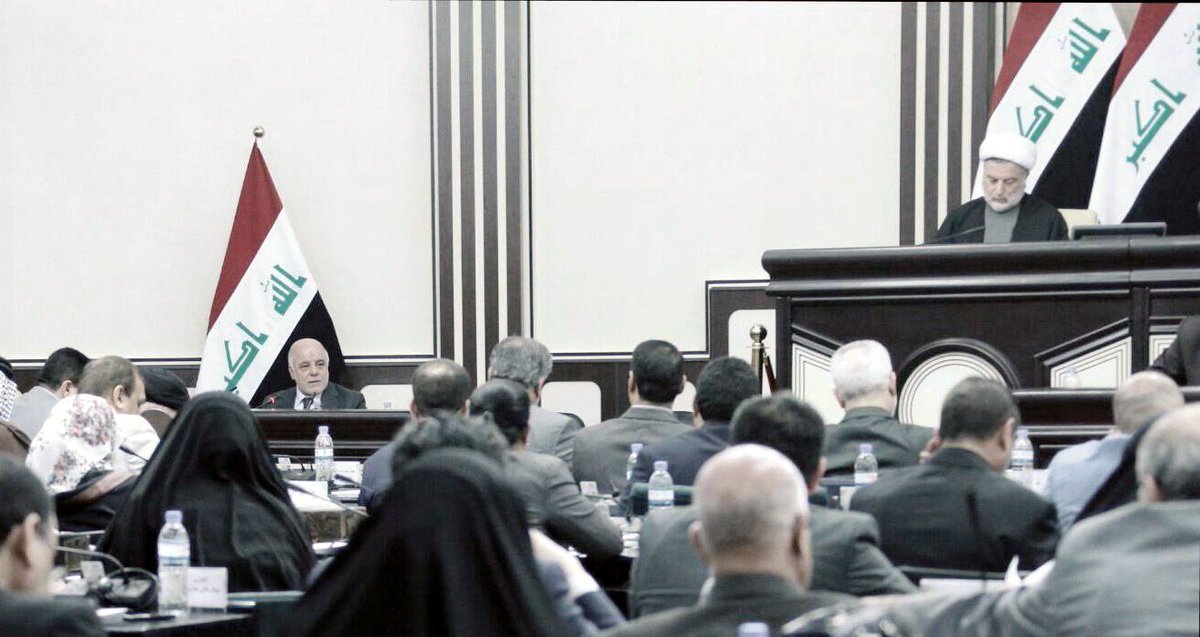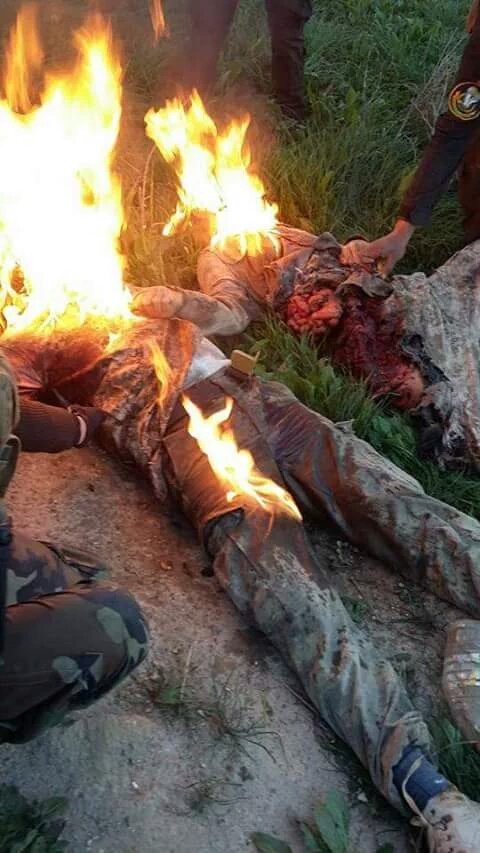VARIETY reports:
ABC has been the top-rated network among young adults on Fridays this season, but the network’s lineup took a hit last night — and Netflix’s reboot of “Full House” may be partially to blame.
Netflix, of course, doesn’t release ratings data, but it only stands to reason that a much-anticipated reboot of a popular ABC comedy that aired mostly on Fridays during its lengthy run would impact television ratings the day (which happened to be a Friday) it was released. The streaming company released all 13 episodes early Friday morning, but it’s likely that it wasn’t until Friday night that many got their first chance to relax and unwind with the new installments.
Did you watch?
I didn't watch Friday, had a date.
But I did stream on Saturday.
I liked it. I thought it was funny and a nice update. (Ava and C.I. reviewed it last Sunday in "TV: HULU scores another win (and so does NETFLIX).")
I was a big fan of the TGIF Friday night line up back in the day.
I loved FULL HOUSE, FAMILY MATTERS, STEP BY STEP (Cody episodes best) and BOY MEETS WORLD.
I like the BMW update.
But really loved the FULLER HOUSE more.
It was just a tighter and funnier show.
I streamed all the episodes today while I thought I'd just do one.
But it was really funny so I kept doing one more and streamed them all.
If you loved TGIF, you'll want to check it out.
Going out with C.I.'s "Iraq snapshot:"
Saturday, February 27, 2016. Chaos and violence continue, Moqtada backs
Haider, Ammar al-Hakim warns of a poison in the Iraqi government,
Moqtada wants a former prime minister prosecuted, Hillary's corruption
runs deep, and much more.
Starting in the US where Cranky Clinton wants to be president. However, the former First Lady, former US senator, former Secretary of State and forever War Hawk, doesn't want to disclose her private speeches to Wall Street.
She and her husband Bill Clinton have taken millions from Wall Street. They are happy to sing and dance before them and say whatever. They just don't want the American people to know what was said.
Why does it matter?
John Podesta is the Chair of the 2016 Hillary Clinton presidential campaign.
Starting in the US where Cranky Clinton wants to be president. However, the former First Lady, former US senator, former Secretary of State and forever War Hawk, doesn't want to disclose her private speeches to Wall Street.
She and her husband Bill Clinton have taken millions from Wall Street. They are happy to sing and dance before them and say whatever. They just don't want the American people to know what was said.
Why does it matter?
John Podesta is the Chair of the 2016 Hillary Clinton presidential campaign.
Huge thanks to all the staff, volunteers, and friends who brought it home. @HillaryforSC
On to Super Tuesday!
He is also -- with his brother -- the founder of The Podesta Group.
A lobbying group.
And his closeness to Hillary benefits him -- if not the people of the United States.
The Podesta Group has [PDF format warning] disclosed their new contact to represent the government of Iraq:
Iraq shall pay the Provider an amount of nine hundred sixty thousand US dollars (US $960,000) for services rendered, plus expenses. Quarterly installments of two hundred forty thousand US dollars (US $240,000) shall bee paid by check in advance of each three-month period, including the beginning of the term of this Agreement. Should the Provider be required to travel, Iraq will reimburse Provider at cost for travel expenses, including but not limited to airline tickets, airport transfers, accommodations, and meals. Public relations expenses such as subscription services, events, digital and media monitoring, or advertising will also be passed through at cost.
Expenses for each three-month period shall be invoiced and paid by check with the fees due for the following period. Total expenses billed during the period of this contract shall not exceed forty thousand US dollars (US $40,000).
What's that money buying?
The contract innocently puts it:
The objectives of this contract are to promote better understanding within the United States of the priorities and concerns of the Government of Iraq and to further the purposes of the Strategic Framework Agreement between the United States and Iraq, facilitate dialogue between Iraq and the U.S. Congress and executive branch, and make available to the Government of Iraq the services identified below.
So Podesta's family gets richer and he gets Hillary's ear and what do the Iraqi people get?
A non-responsive government which tolerates and participates in abuses well documented by Human Rights Watch and Amnesty International.
A functioning media would be raising this issue, asking Hillary at debates, "How will you be protecting the people of Iraq when the Podestas rake in close to a million for representing the government of Iraq?"
They'd be asking about her own vision of a free Iraq. They'd be asking about this Tweet:
But we don't have a functioning media.
For example, Moqtada al-Sadr.
The cleric and movement leader in Iraq is in the news.
And the usual liars of the western press are out in full force.
Moqtada filled Tahrir Square.
This is an accomplishment?
There was no police harassment.
Under police harassment, young Sunnis filled Tahrir Square every Friday for over a year.
They were beaten, they were arrested and they still filled the square in downtown Baghdad.
Friday, Moqtada couldn't even turn out a crowd like he had in March of 2014.
Anyone remember that?
That's Alsumaria.
That's Al Mada.
By contrast, filling Tahrir Square on Friday looks rather tiny.
Friday, Moqtada held a rally, not a protest.
It was a rally for the calls of the current prime minister Haider al-Abadi.
Yes, it was announced that no one spoke for the Sadr movement in the current government.
A minor note of discordance.
Otherwise, Moqtada was singing from Haider al-Abadi's hymnal.
Thursday, NATIONAL IRAQI NEWS AGENCY noted:
Prime Minister Haider al-Abadi stressed that the government needs to a reformist and harmonious team at the level of application and implementation of reforms and public trends and vision of the government," stressing "the importance of cooperation in order to reduce the number of MPs and members of the provincial councils."
The office said in a statement that Prime Minister Haider al-Abadi held a meeting with the Chairman and members of the economic and investment committee in Parliament, where he stressed that "economic reform needs to action, and we started working out to move the country to the right path."
He noted that "the government needs to harmonious reformist team at the level of application and implementation of the reforms and the general trends and vision of the government."
What are they talking about?
His appearance before Parliament -- the one the Saturday, February 20th snapshot noted Haider addressed Parliament and we mainly focused on the big news that he told Parliament the Shi'ite militias would be taking part in the liberation of Mosul. You can also see this February 22nd entry which includes Haider's Tweet about that:
PM Al-Abadi addressed Parliament to make the case for a ministerial reshuffle and outline his economic reform plan

We offered an analysis Friday morning of what was actually going on.
A few e-mails objected to this section specifically:
Grand Ayatollah Ali al-Sistani is no fool.
He's stopped making calls for change in this government because it's just not happening.
And he actually made real demands -- as opposed to being a cheerleader for Haider, the way Moqtada is.
al-Sistani walked away from it because (a) he knows it's not happening and (b) he knows he's going to lose followers over it because he'll look like a tool of an abusive government.
It's a decision Moqtada should have made.
Why didn't he?
Nouri al-Maliki.
The two were never close.
Moqtada played a key role in rallying support to oust Nouri.
Nouri wants back in.
And may get back in.
Because Haider's doing such a lousy job.
Many Shi'ite politicians who did not care for Nouri are beginning to say Nouri's needed.
(Nouri is a thug who took the country to the brink. I am not saying he needs to return. I'm talking about what the perceptions are in Iraq.)
Moqtada knows he and Nouri have crossed a line and that if, Nouri returned to power right now, eliminating Moqtada would be one of Nouri's strongest goals.
Or Moqtada thinks that.
(I think if Nouri returned to power, he'd be willing to form an alliance with Moqtada. At great cost to Moqtada, but he'd be willing to form one.)
So to protect himself, he's making desperate measures to prop up Haider.
One e-mailer especially felt the need to insist, "Sadr doesn't even think about Maliki anymore. You don't know what you're talking about."
Moqtada doesn't sweat Nouri?
In what world?
Friday evening, NINA reported:
On the possibility of Sadr's call to prosecute al-Maliki and his former government, [Sheikh Salah] al-Obeidi said "it is not necessarily to prosecute a person as much as al-Maliki rather than prosecute the corrupt in the previous government, whether close to al-Maliki or other even if they are from the Ahrar bloc."
Moqtada's "call to prosecute al-Maliki"?
Yes, boys and girls, Moqtada's sweating him.
Moqtada's rally was to back Haider. Wael Grace (AL MADA) reports that there are elements in the National Alliance (largest Shi'ite bloc) that are questioning the reforms Haider's called for an Moqtada's backing.
Murad Makhmudov, Takeshi Hasegawa and Lee Jay Walker (MODERN TOKYO TIMES) report:
Therefore, al-Sadr spoke openly to the alienated Shia underclass in Baghdad and other people from the same faith from various walks of life. He attacked the reality of enormous political corruption and how people feel abandoned and alienated. However, al-Sadr is backing the reform minded Prime Minister Haider al-Abadi who is promising to alter the current inept status quo of political corruption and social alienation. In saying this, it could well be that al-Abadi is the final straw for al-Sadr because if his promise of genuine reforms fail, then maybe it is time for another option. Until then, al-Sadr is open to providing much needed support to al-Abadi given the fractious nature of politics in Iraq.
Here's THE NEW YORK TIMES' Tim Arango:
In seizing a chance on Friday to return to the political spotlight, he positioned himself as an Iraqi nationalist in the face of Iran’s growing role and as an ally to a weak Prime Minister. “Today I am among you to say to you, frankly and bravely, that the government has left its people struggling against death, fear, hunger, unemployment, occupation, a struggling economy, a security crisis, bad services and a big political crisis,” al-Sadr told the crowd. Above all, it was a reminder of al-Sadr’s complexity, and the confused state of internal Shia politics, that even as he was seeking to harness public rage against the political elites, he had actually called the street rally to support the reform policies of the country’s struggling Prime Minister, Haider al-Abadi. Al-Abadi’s proposal to tackle corruption and install technocrats in the country’s ministries has stalled over the opposition of powerful militia leaders and some pro-Iran politicians. For his part, al-Sadr has offered to have his ministers resign in protest to lend al-Abadi’s agenda some steam. Despite that, and the support of the most senior Shia cleric, Grand Ayatollah Ali al-Husseini al-Sistani, it remains unclear whether al-Abadi’s agenda will be able to win the help of any other political blocs.
Need more proof of how tight Haider and Moqtada are?
This week Haider Tweeted about meeting with Moqtada and offered a link to a photo of the two of them.
رئيس مجلس الوزراء الدكتور حيدر العبادي اثناء لقائه زعيم التيار الصدري السيد مقتدى الصدر في العتبة الكاظمية المقدسة. http://fb.me/23b4IT7pF
Click the Facebook link and be taken to the below:
رئيس مجلس الوزراء الدكتور حيدر العبادي اثناء لقائه زعيم التيار الصدري السيد مقتدى الصدر في العتبة الكاظمية المقدسة.
Hou Qiang (XINHUA) reports a new wrinkle in the Iraqi government's relations with neighbors:
On Friday, UAE Foreign Minister Abdullah Bin Zaid said in a press conference in Moscow that there must be no differentiation between the IS group and those Iranian-backed Shiite militias, including Hashd Shaabi paramilitary groups.
The Iraqi Foreign Ministry said in a statement that it summoned UAE Ambassador Abdulla Ibrahim al-Shihi to hand him over an official letter of protest at the ill intended remarks of the UAE foreign minister over the Hashd Shaabi (Shiite militias)."
NINA notes Haider's office expressed outrage over the statements by the UAE. Meanwhile ALL IRAQ NEWS notes that the leader of the Islamic Supreme Council of Iraq, Ammar al-Hakin, has declared that there's a state within the government of Iraq committed to sabotaging the work of the government.
With all this ongoing suffering, the US government continued bombing Iraq. Today, the US Defense Dept boasted/claimed/insisted:
Strikes in Iraq
Attack, fighter and remotely piloted aircraft conducted 14 strikes in Iraq, coordinated with and in support of Iraq’s government:
-- Near Baghdadi, two strikes destroyed an ISIL front end loader and an ISIL vehicle bomb.
-- Near Fallujah, a strike struck an ISIL tactical unit and destroyed an ISIL fighting position.
-- Near Kirkuk, a strike struck an ISIL tactical unit.
-- Near Kisik, a strike suppressed an ISIL mortar position.
-- Near Mosul, seven strikes struck two separate ISIL tactical units and destroyed two ISIL assembly areas, five ISIL fighting positions, an ISIL vehicle bomb facility, an ISIL weapons storage facility and suppressed an ISIL mortar position and two ISIL rocket fire positions.
-- Near Qayyarah, a strike produced inconclusive results.
-- Near Ramadi, a strike struck an ISIL tactical unit.
Task force officials define a strike as one or more kinetic events that occur in roughly the same geographic location to produce a single, sometimes cumulative, effect. Therefore, officials explained, a single aircraft delivering a single weapon against a lone ISIL vehicle is one strike, but so is multiple aircraft delivering dozens of weapons against buildings, vehicles and weapon systems in a compound, for example, having the cumulative effect of making those targets harder or impossible for ISIL to use. Accordingly, officials said, they do not report the number or type of aircraft employed in a strike, the number of munitions dropped in each strike, or the number of individual munition impact points against a target.
iraq
the new york times
tim arango
 John Podesta
John Podesta  Michael Allen Martin
Michael Allen Martin

 Haider Al-Abadi
Haider Al-Abadi

 ۞Expository
۞Expository

 The 47th
The 47th
 Steven Ishak nabil
Steven Ishak nabil










 Omid Farzan
Omid Farzan
 Steve Lawson
Steve Lawson
 Texas For Bernie
Texas For Bernie
 Bradley Stern
Bradley Stern
